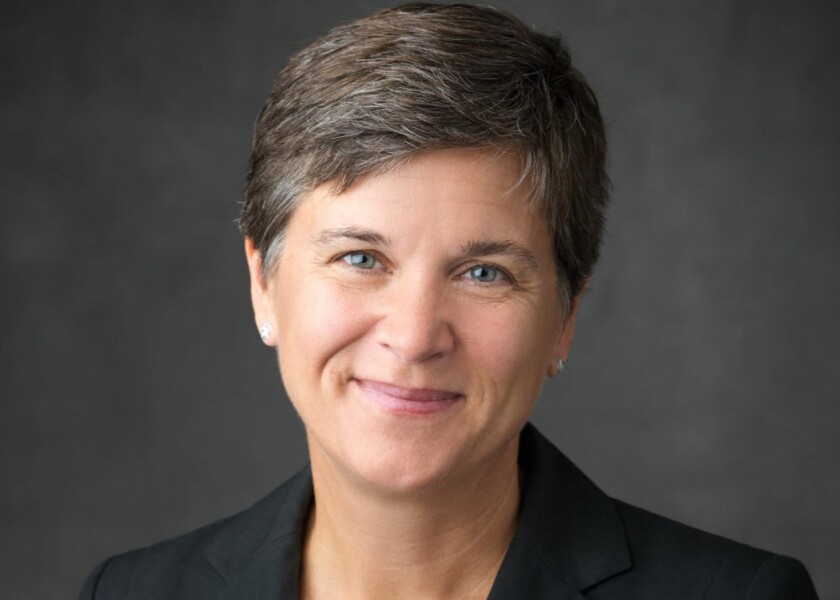The staff of the American Institute of CPAs, the International Ethics Standards Board for Accountants and the International Auditing and Assurance Standards Board have jointly released guidance on the use of specialists in COVID-19 environment, including some considerations involving the use of specialists when auditing financial statements during the pandemic.
The staff guidance, released Tuesday, aims to help accountants and auditors determine when there might be a need to use the services of a specialist to help them perform specific tasks and other professional activities within their own organizations, as well as when they serve their clients during the COVID-19 pandemic. The publication discusses some of the ethical considerations for accountants to think about when using a specialist, along with some of the circumstances that indicate a need for a specialist when auditing financial statements.
The novel coronavirus pandemic has forced many accountants and auditors to work remotely, as well as curtailed travel to client locations, particularly those located abroad, when travel restrictions remain in place in many countries.
Kimberlee Cornett is the director of impact investments at the Robert Wood Johnson Foundation.
Byron Storms has served as president and CEO of Aspire General Insurance Services and Aspire General Insurance Company since August 2015. Prior to joining Aspire General Insurance, he was the president of property & casualty at National General Management Corp from 2012 to 2015. From 2007 to 2012, Storms was president and CEO of ClearSide General Insurance Services, LLC, which was acquired in November 2011 by National General. Storms has a proven track record of assembling strong teams, integrating and implementing technology solutions that create core operational strength, and supporting effective growth.
Evan Croen is head of Bloomberg Tax & Accounting.
The guidance points out that the pandemic could also pose threats to ethical standards, and accountants may find it challenging with the changing laws and regulations pertaining to COVID-19. They may come under pressure to breach the principles of professional competence, due care and professional behavior. “Those who perform audits of financial statements may face additional challenges as well, including considerations related to auditor independence,” said the document. During the pandemic, accountants also might not have access to the usual resources they have at their offices to ensure competent performance, and they may need to turn to outside specialists to help them perform certain tasks or undertake some engagements.

The publication was developed by the staff of the AICPA under the auspices of a working group formed by the IESBA and national ethics standard setters from Australia, Canada, China, South Africa, the U.K. and the U.S. The working group was chaired by IESBA deputy chair Richard Fleck with the goal of developing implementation support resources to help accountants effectively apply the International Code of Ethics for Professional Accountants (including International Independence Standards) when facing circumstances created by the COVID-19 pandemic. IESBA and IAASB staff also provided their input. The working group plans to develop more COVID-19 guidance in the weeks ahead.



